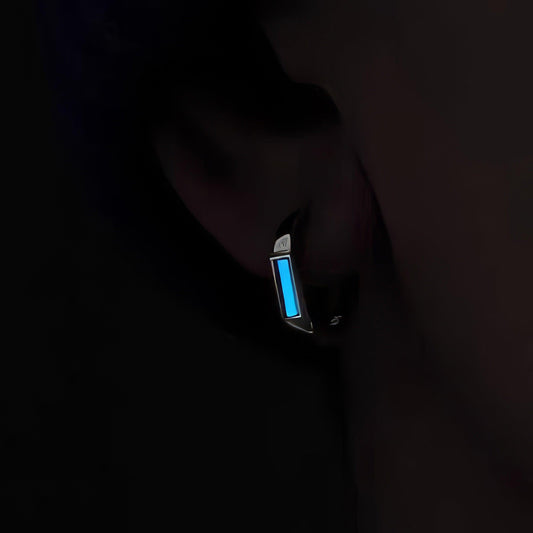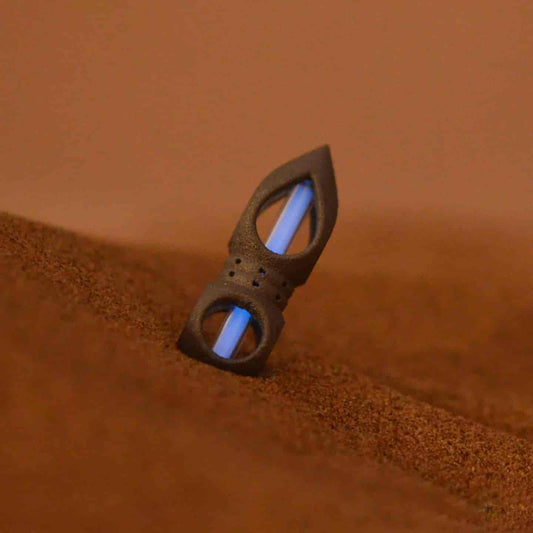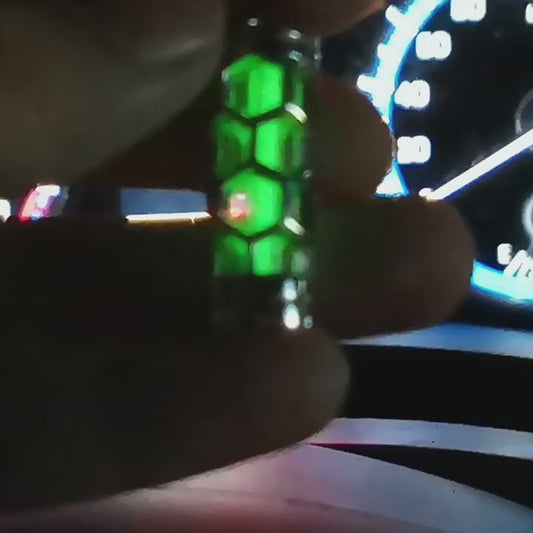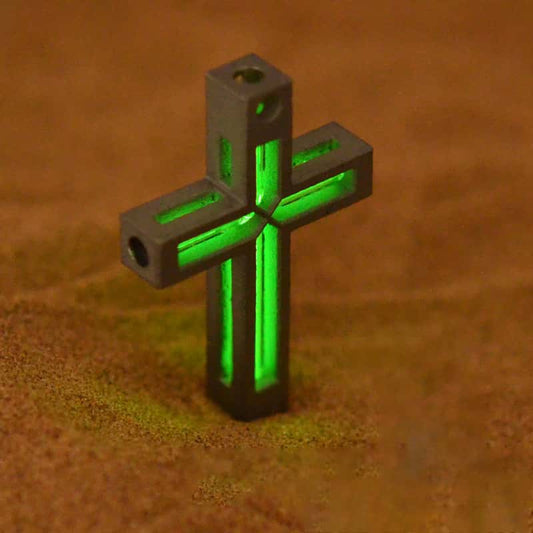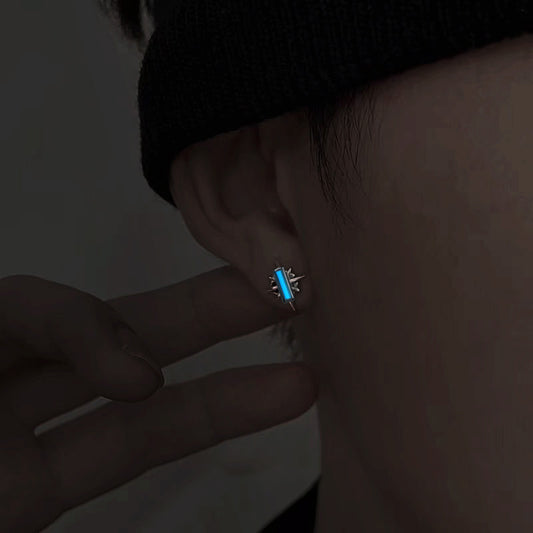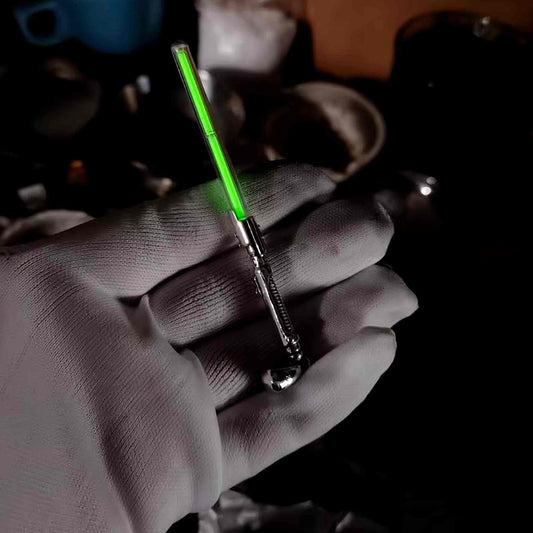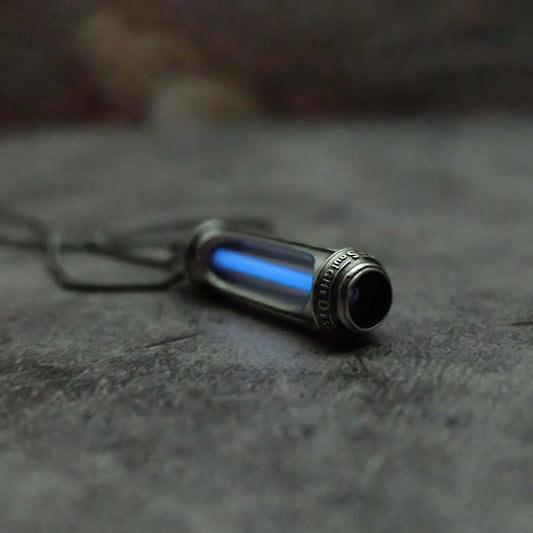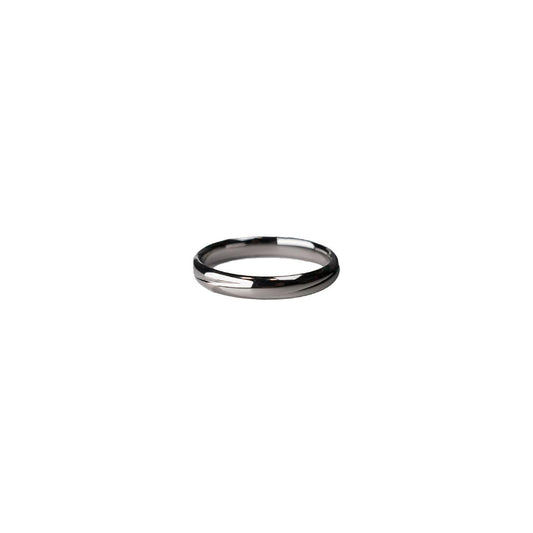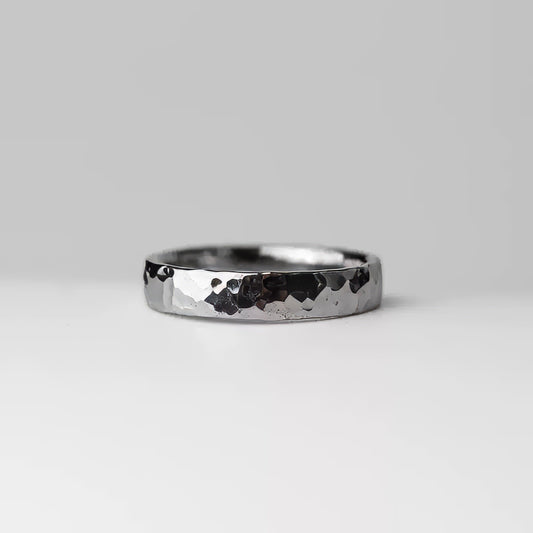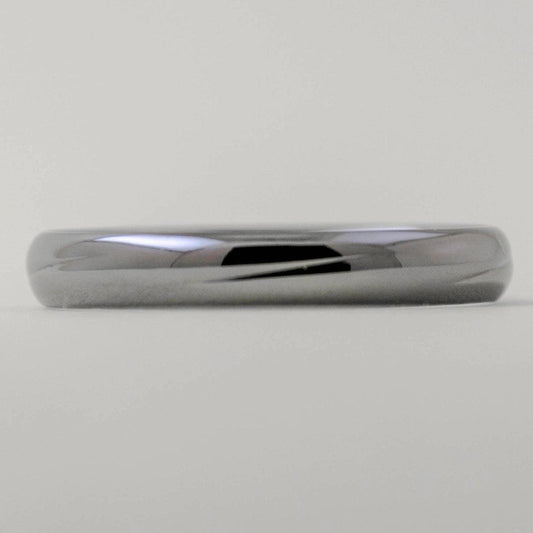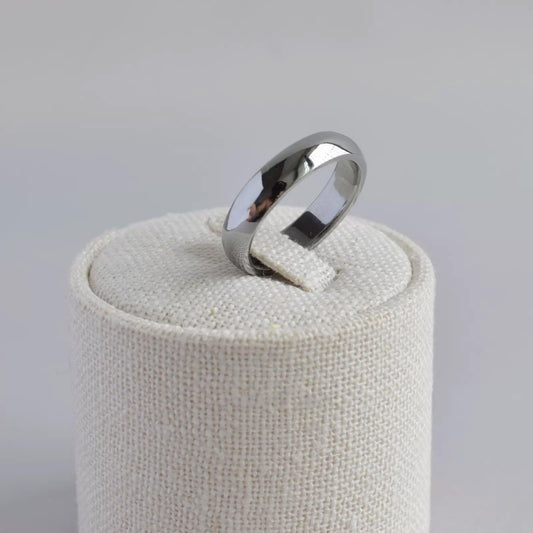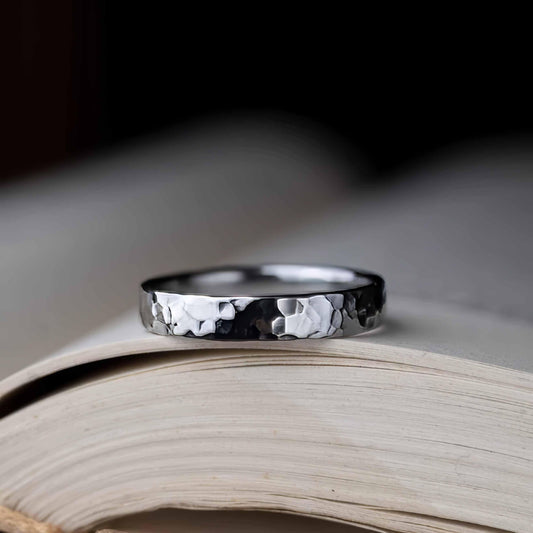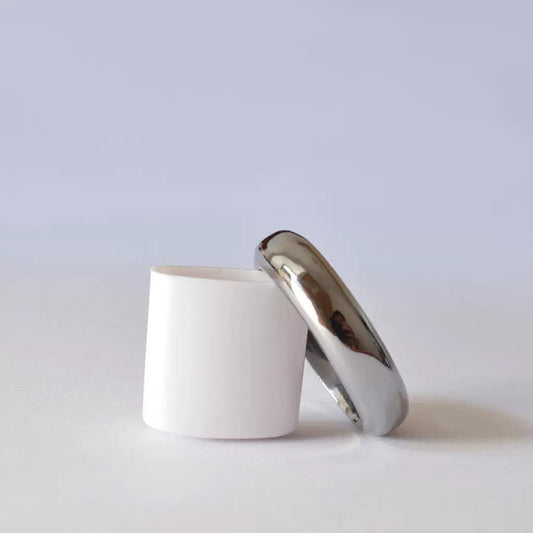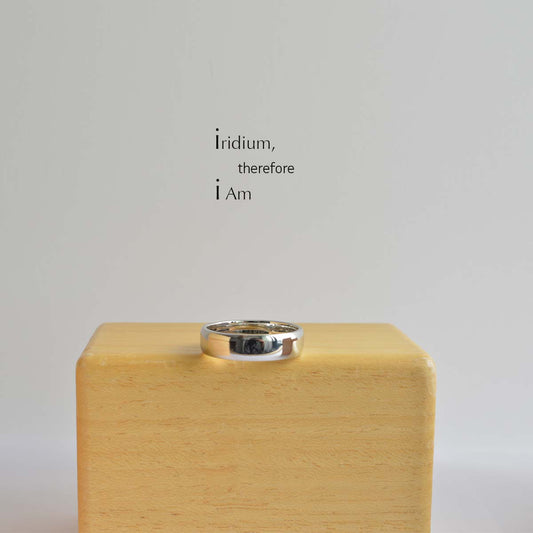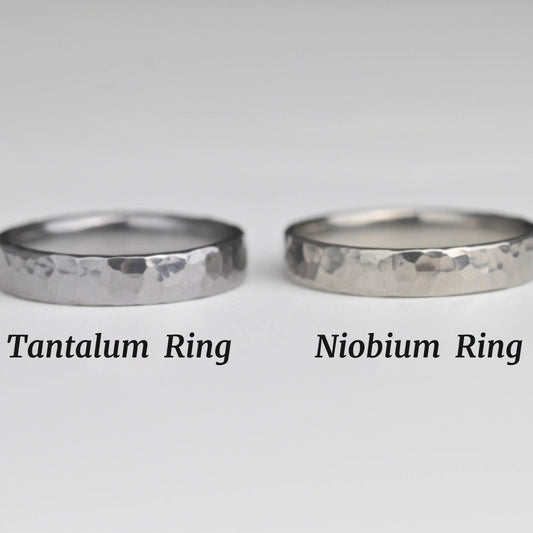The Unsung Heroes Choosing the Most Durable Metal for Your Ring
The Unsung Heroes Choosing the Most Durable Metal for Your Ring
In the world of jewelry, rings hold a special place. They symbolize commitment, style, and, occasionally, that “treat yourself” impulse when you simply want something shiny on your finger. But when it comes to durability, some metals outperform others, both in endurance and in keeping that shine over time. As someone who once purchased a cheap, overly delicate silver ring only to have it warp onto a finger-shaped oval within months, I can tell you firsthand: it pays to know your metals.
Titanium should be top of mind if you’re hunting for a ring that can endure the rigors of daily life. Not only is it strong—almost deceptively so given its feather-light feel—but it's also resistant to the scratches and scrapes that might mar softer metals. My brother, an avid rock climber, swears by titanium for his wedding band; it withstands cliffs and carabiners alike, never losing its luster.
Another contender is platinum. Now, you might be thinking, “Isn't platinum just for engagement rings with eye-watering price tags?” While it's often associated with luxury, there's a practical side to platinum as well. It’s known for its ability to withstand oxidation and wear, and unlike gold, you won't see it wearing down over time. You're essentially investing in a piece that can be passed down through generations, still looking as elegant as the day it was crafted.
Then there's tungsten carbide, a newer addition to the jewelry world. Its claim to fame is its incredible hardness. If durability is your main concern, tungsten carbide is like the armored vehicle of metals. It’s virtually unscratchable and surprisingly affordable. However, keep in mind, it’s not indestructible. A friend of mine who works as a mechanic learned the hard way that tungsten rings can shatter if subjected to high enough impact—an unfortunate incident involving a slip and a concrete floor.
Culturally, different metals hold different sway. There's a certain timelessness to gold that appeals to traditionalists. But what if you're someone who wants a ring to fit into a more modern lifestyle, with all its unpredictability and spontaneity? In such cases, the durability and resilience of newer metals become all the more attractive.
In this age where planned obsolescence looms over many of our purchases, opting for a durable metal for your ring feels refreshingly counter-cultural. It's a choice that marries longevity with style, serving as a tiny, gleaming testament to the belief that some things are made to last. And really, isn’t that the kind of statement we should all strive to make in our everyday lives?

